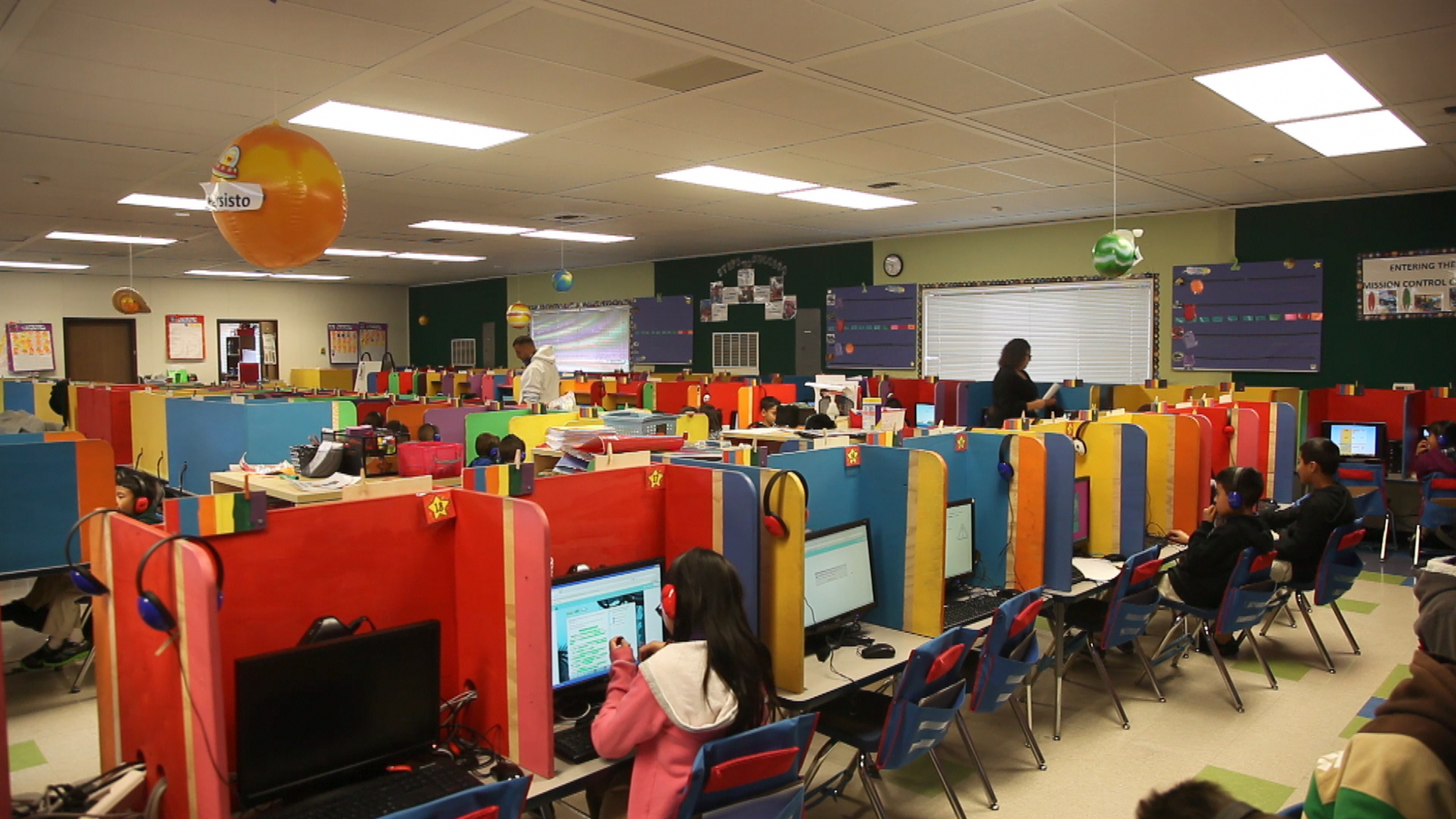Expanding charter school program uses computers and video games to teach K-5 students.
Technological advancements in the past decade hold tremendous promise in revolutionizing education, but not all school districts have access to the tools they need to incorporate technology into their classrooms. A crop of new charter schools is seeking to overcome this challenge by providing underserved areas with innovative technology and cutting-edge curricula to teach elementary students key academic concepts.

Rocketship Education, a nonprofit organization based in Palo Alto, currently operates seven of its Rocketship schools in California, serving more than 3,700 K-5 students. The organization plans to expand across the state and to U.S. cities such as Washington, DC and Milwaukee in the coming years. These free, public, and open enrollment charter schools offer a unique 21st century curriculum based on a philosophy of “blended learning” – a combination of traditional teaching methods and personalized computer-based instruction.
At the forefront of Rocketship’s revolutionary system is a computer-intensive Learning Lab, where, for two hours every day, students learn basic math and reading skills through interactive and engaging video games. In the lab, each student accesses an individualized skills plan and educational games that vary based on their performance. One such game, ST Math, poses a series of challenges, ranging from basic math problems to complex geometric puzzles, which students must solve to move a virtual penguin across the screen. A correct answer produces a roadway or removes an obstacle, letting the character pass along to the next level. Rocketship educators insist these games are crucial to the student and school’s success. When a computer game helps kids understand basic skills, like proper pronunciation or homophones, teachers can focus on more complicated lessons, such as discussing literary themes.
The success of Rocketship’s innovative curriculum is evident in student performance. Rocketship students routinely outperform their public school and private school peers, scoring better on standardized tests than many of the state's more privileged school districts. Approximately 90 percent of Rocketship’s lowest-performing students move out of the bottom quartile within a year, and the majority of Rocketeers achieve three years of academic growth for every two years in school.
Rocketship students’ achievements underscore the impact that interactive entertainment software and other technologies can have on teaching fundamental skills and closing the achievement gap. To learn more about Rocketship Education and their mission, visit: http://www.rsed.org/.

